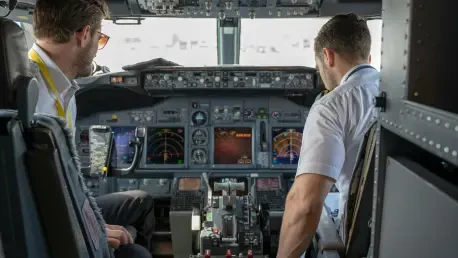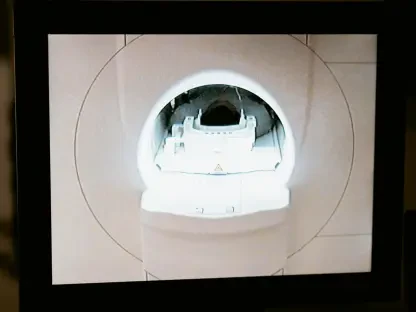In a groundbreaking move that could reshape the aviation industry, the U.S. House of Representatives has taken a bold step to prioritize mental health among aviation professionals, recognizing it as a cornerstone of public safety. On September 8, the House passed a significant piece of legislation aimed at tackling the long-standing stigma and barriers surrounding mental health for pilots, air traffic controllers, and other key personnel. Introduced by Representatives Pete Stauber of Minnesota and Sean Casten of Illinois, this bill seeks to reform outdated policies enforced by the Federal Aviation Administration (FAA), fostering an environment where seeking help is encouraged rather than penalized. With mounting evidence that untreated mental health issues pose risks to both individuals and the flying public, this development marks a critical turning point. The focus now shifts to how these changes will unfold and what they mean for the future of aviation safety.
Addressing a Hidden Crisis in Aviation
Breaking Down Barriers to Care
The aviation industry has long grappled with a culture of silence when it comes to mental health, where professionals often avoid seeking help due to fear of career-ending consequences. Current FAA regulations have been criticized for creating punitive measures that discourage pilots and air traffic controllers from disclosing their struggles, potentially compromising safety in the skies. The newly passed legislation aims to dismantle these obstacles by mandating the FAA to overhaul its policies within a two-year timeframe. This includes expanding the list of approved medications for mental health conditions and refining the special issuance process for medical certificates. By addressing these systemic issues, the bill strives to create a framework where voluntary disclosure and treatment are normalized, ensuring that aviation workers can prioritize their well-being without risking their livelihoods. The ultimate goal is to align mental health care with the industry’s rigorous safety standards.
Industry Support and Collaborative Efforts
Support for this legislative push extends across a wide spectrum of aviation stakeholders, reflecting a unified call for change. Organizations such as the Aircraft Owners and Pilots Association (AOPA), the Air Line Pilots Association (ALPA), and the National Business Aviation Association (NBAA) have voiced strong support, emphasizing that mental health reform is essential for both workforce wellness and public safety. A key component of the bill involves collaboration with the Aviation Workforce Mental Health Task Group, established under recent FAA reauthorization efforts. This group, comprising pilot associations, unions, medical examiners, and other experts, ensures that diverse perspectives shape the implementation of new regulations. Existing peer-support initiatives, like American Airlines’ Project Wingman, serve as inspiring models, though their limited reach highlights the need for standardized, industry-wide solutions. This collective momentum underscores a shared recognition that mental health must be integrated into the fabric of aviation safety protocols.
Next Steps and Future Implications
Legislative Journey Ahead
While the passage of this bill in the House represents a significant milestone, its journey through the legislative process is far from over. The measure now heads to the Senate, where it will face further scrutiny, debate, and a critical vote. Should the Senate approve a version that aligns with the House’s, the bill will advance to the President for final approval or a potential veto. In the event of a veto, Congress would need to muster the necessary support for an override or consider revising and reintroducing the legislation. Despite these hurdles, the strong bipartisan backing and widespread industry endorsement suggest a robust determination to see this reform through. For those closely following the progress, updates on the bill’s status, identified as H.R.2591, are accessible through official congressional resources. The coming months will be pivotal in determining how swiftly these proposed changes can transition from policy to practice in the aviation sector.
Building a Safer Future Through Reform
Reflecting on the strides made with this legislation, it’s clear that the House’s decision to pass the bill on September 8 was a defining moment in addressing mental health as a safety imperative in aviation. Lawmakers and industry leaders alike have underscored the urgent need to eliminate the stigma and punitive barriers that deterred professionals from seeking care. Looking ahead, the focus must shift to actionable outcomes—ensuring that the FAA’s updated regulations, enhanced training for Aviation Medical Examiners (AMEs), and broader access to support programs are implemented effectively. The Senate’s role in this process remains a critical checkpoint, as does the potential for presidential endorsement. Beyond immediate next steps, this reform signals a broader cultural shift within the industry, one that could inspire similar initiatives in other high-stakes fields. Prioritizing mental health not only safeguards the workforce but also reinforces trust in the safety of air travel for millions of passengers worldwide.









